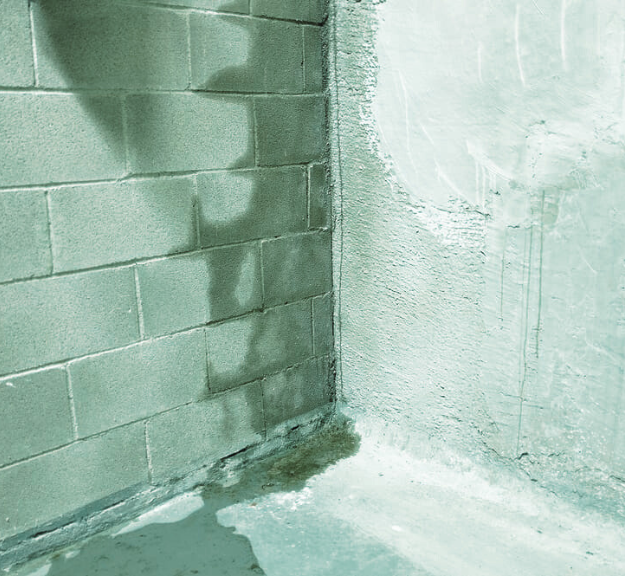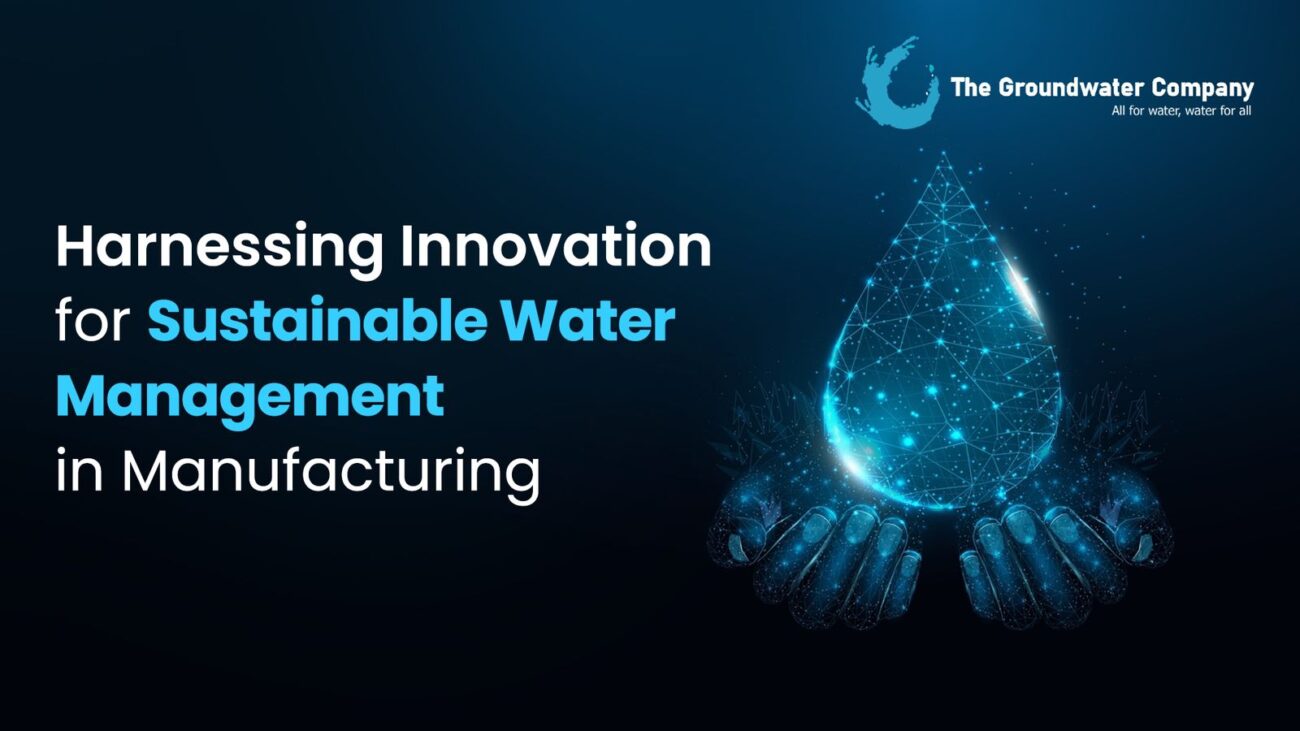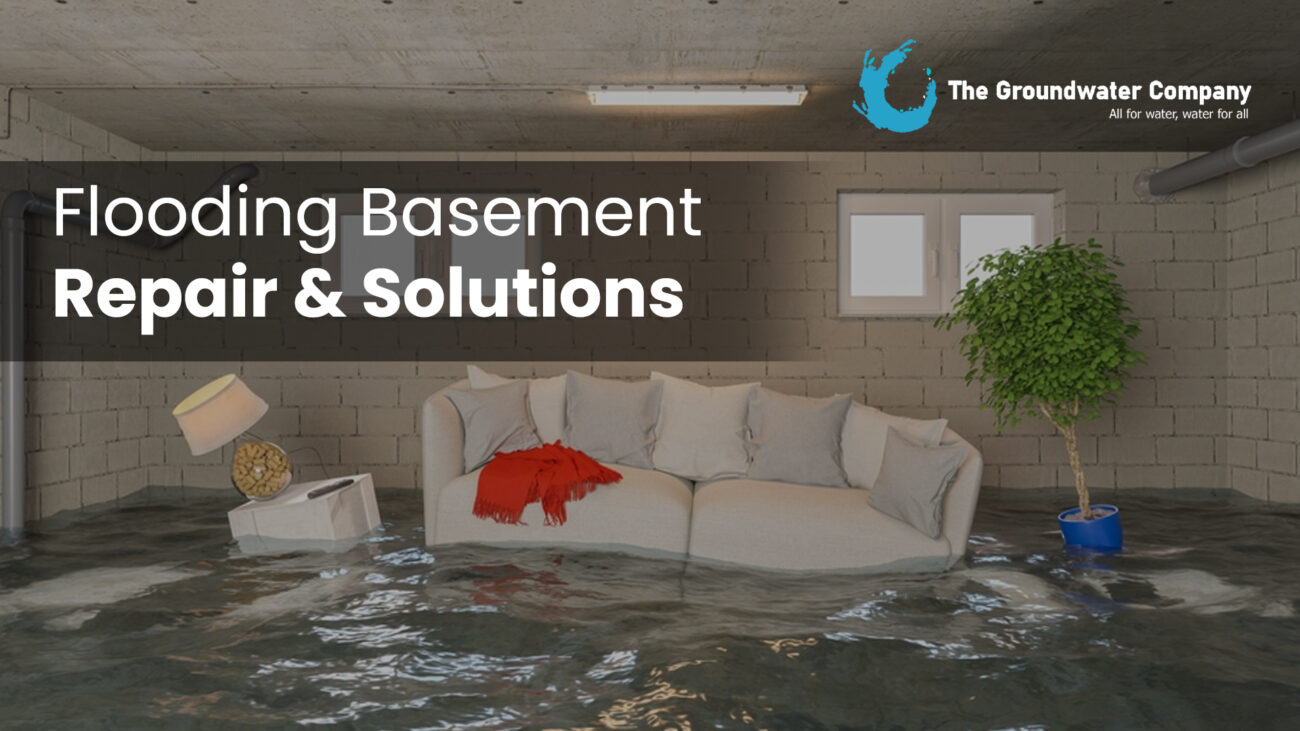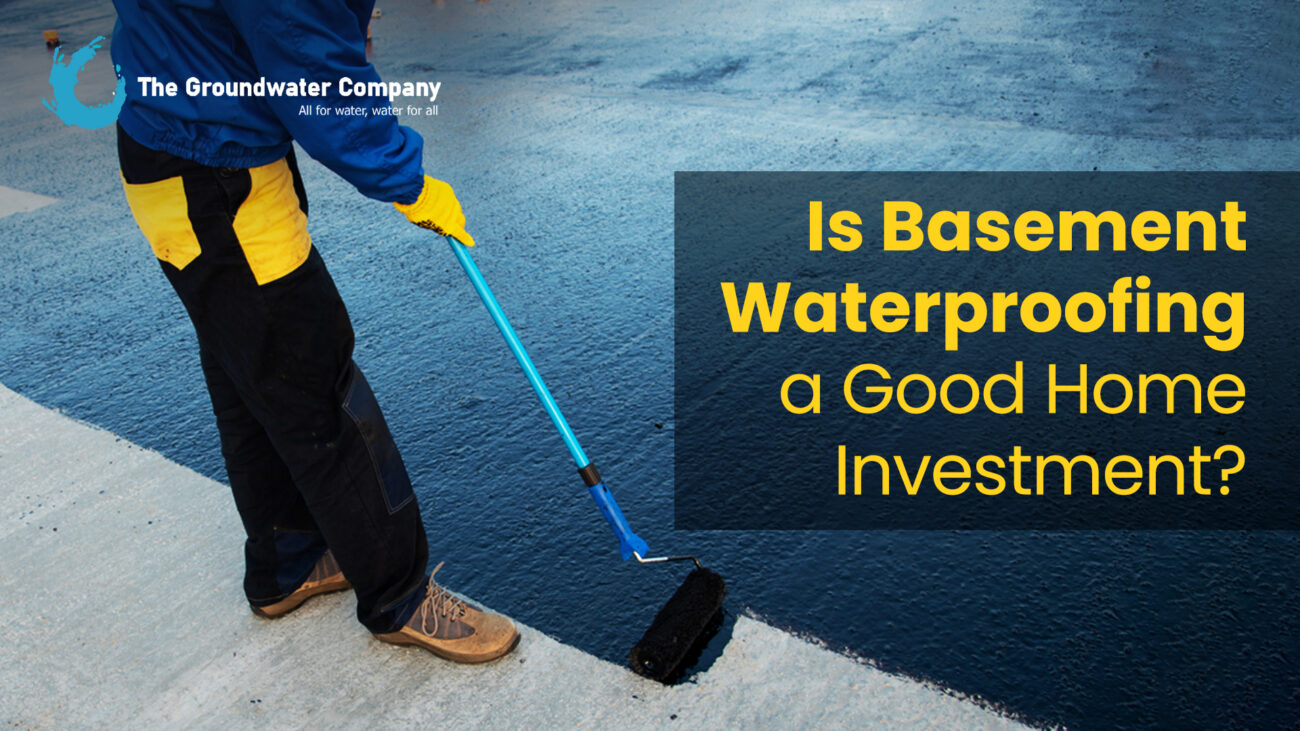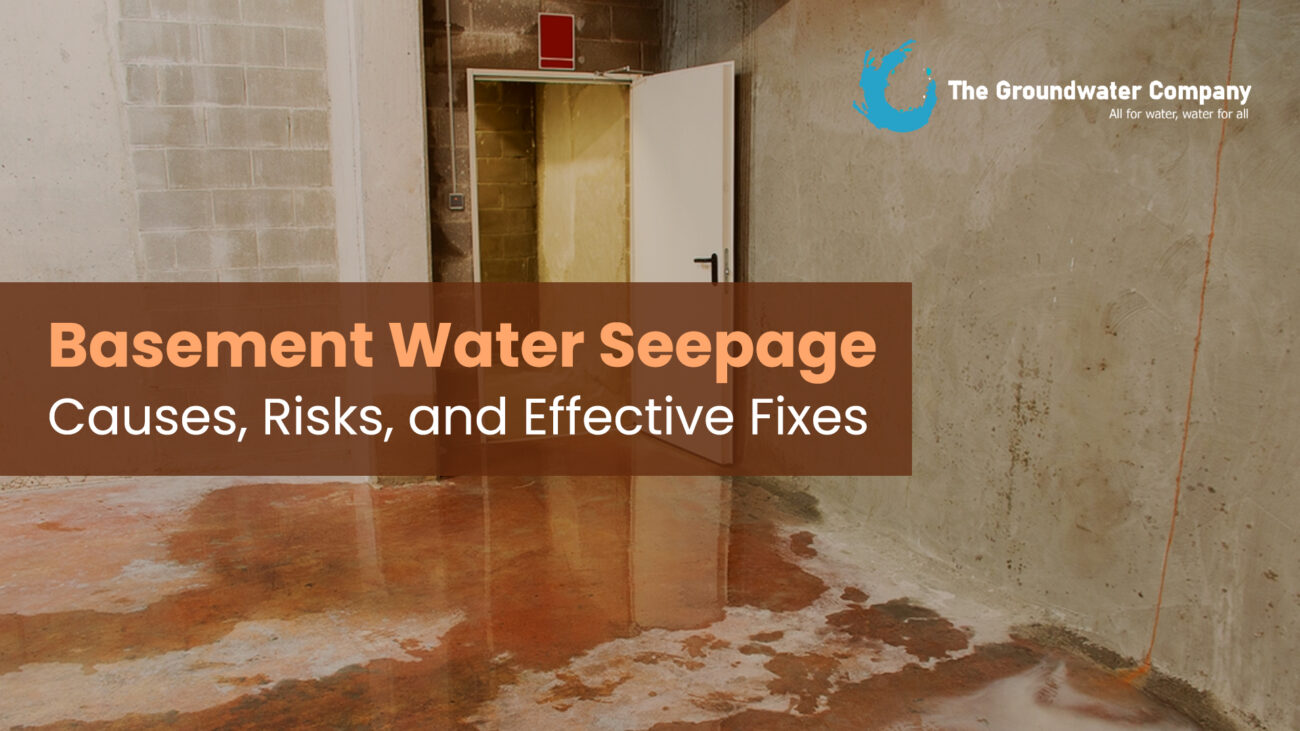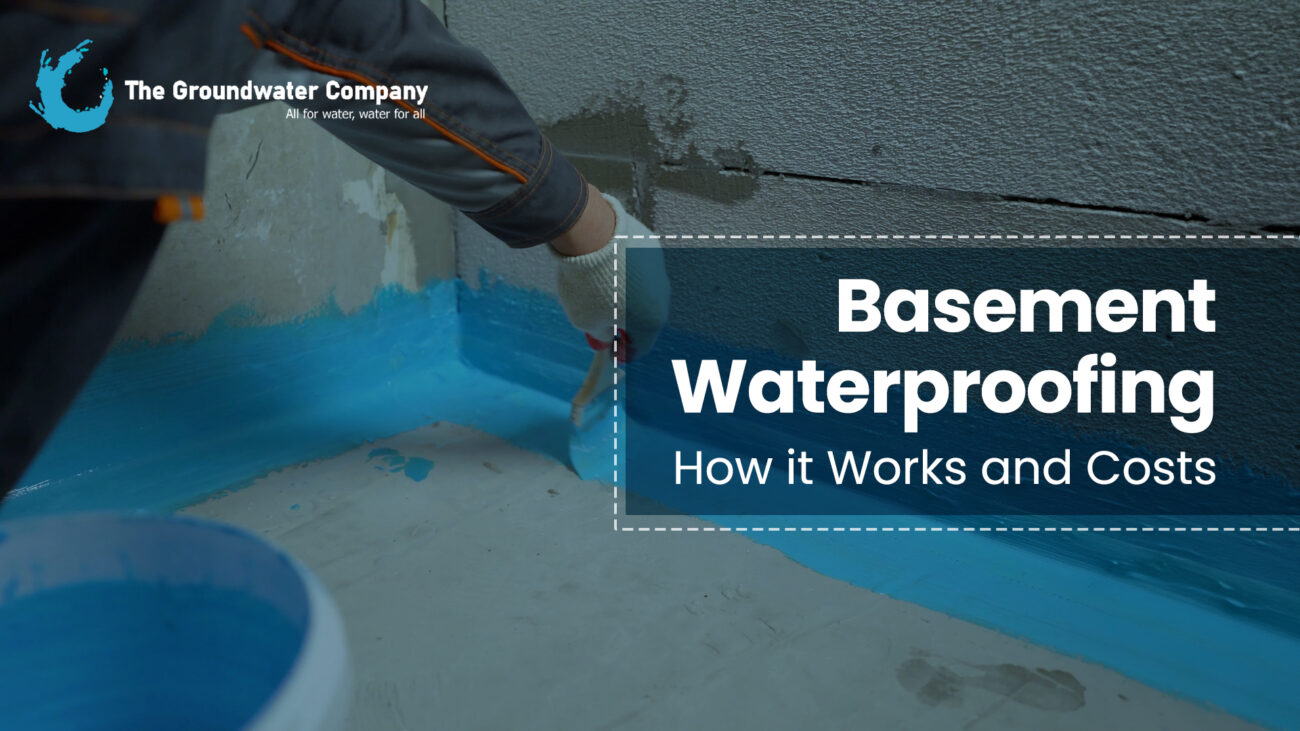Groundwater Seepage in Basements: Causes, Risks, and Long-Term Solutions
Introduction
Water is essential for life but when groundwater starts leaking into basements, it quickly becomes a costly problem. Many property owners in India face recurring issues of Groundwater seepage in basements, especially during the monsoon or in areas with a high water table. This unwanted water intrusion not only damages structures but also threatens safety, health, and property value.
At The Ground Water Company (GWC), we specialize in diagnosing and controlling groundwater basement seepage through advanced hydrogeological analysis, waterproofing, and dewatering systems. Whether it’s a commercial building, an industrial facility, or a residential structure, we provide long-term, science-backed solutions for ground water leaking in basement problems.
Understanding Groundwater and Seepage
Groundwater seepage occurs when water naturally present below the surface moves upward or sideways through soil pores, cracks, or foundation gaps. When the water table rises especially after heavy rain hydrostatic pressure forces ground water seeping into basements, underground parking areas, and tunnels.
This process is often gradual and invisible until visible damp patches, mold, or standing water appear. By the time these signs show, the ground water leaking into basement may already have weakened concrete, corroded steel reinforcements, and compromised building safety.
Common Causes of Groundwater Basement Seepage
- High Groundwater Levels
During monsoons or flooding, groundwater rises and exerts hydrostatic pressure on basement floors and retaining walls, forcing water through cracks and construction joints. - Poor Waterproofing
Aging or inadequate waterproof membranes allow groundwater and seepage to penetrate structural layers over time. - Improper Drainage Systems
Lack of external and internal drainage means that rainwater accumulates around the foundation, increasing the pressure and leading to groundwater seeping into basement structures. - Cracks in Foundations or Walls
Even hairline cracks in concrete can become entry points for ground water leaking in basement, especially under high pressure. - Permeable Soils and Improper Construction Practices
Sandy or loose soil allows water to flow easily. When basements are built without soil stabilization or seepage protection, leaks become inevitable
Effects of Groundwater Seepage in Basements
- Structural Damage: Continuous water intrusion weakens concrete, corrodes reinforcements, and accelerates foundation settlement.
- Basement Flooding: Uncontrolled groundwater basement seepage can flood underground parking, lift pits, and utility areas.
- Mold & Health Hazards: Damp conditions promote mold growth, leading to respiratory issues and poor indoor air quality.
- Electrical & Equipment Risks: Persistent water leaks near wiring or equipment increase the risk of short circuits and safety hazards.
- Increased Maintenance Costs: Frequent pumping, cleaning, and waterproofing repairs become expensive without addressing the root cause.
How The Ground Water Company Solves Basement Seepage
At GWC, we use a scientific, step-by-step approach to control groundwater and seepage problems permanently.
1. Site Investigation and Hydrogeological Study
- Conduct detailed soil and water table analysis.
- Use borehole logging and permeability testing to identify the source of ground water leaking into basement areas.
- Model groundwater flow to design targeted solutions.
2. Dewatering and Drainage Systems
- Install wellpoint or deep-well dewatering systems to lower groundwater levels around the structure.
- Design perimeter drains, sump pumps, and pressure-relief wells to manage rising groundwater basement seepage effectively.
3. Waterproofing and Grouting
- Seal cracks and joints using chemical or cementitious grouts.
- Apply exterior waterproof membranes, coatings, and crystalline sealants to block water entry.
- Treat walls and floors exposed to ground water seeping into basement zones.
4. Long-Term Monitoring and Maintenance
- Monitor groundwater levels post-installation using piezometers.
- Conduct periodic inspections to ensure waterproofing and drainage systems remain effective.
- Provide maintenance training for building management teams.
Benefits of Professional Groundwater Seepage Control
- Protects Structural Integrity: Prevents long-term damage caused by groundwater leaking in basement structures.
- Ensures Safety & Hygiene: Eliminates dampness, mold, and contamination risks.
- Reduces Operational Downtime: Keeps basements, parking areas, and industrial zones functional even during heavy rains.
- Saves Costs: One-time scientific solutions eliminate repeated repair expenses.
- Promotes Sustainable Construction: Balances dewatering with groundwater recharge and eco-friendly water management.
Why Choose The Ground Water Company (GWC)?
- Expert Hydrogeologists & Engineers with experience in seepage analysis and control.
- Advanced Technology: Groundwater modeling, geophysical surveys, and real-time monitoring systems.
- Custom Solutions: Designed to suit site-specific geological and hydrological conditions.
- Compliance & Safety: Following national environmental standards and construction safety norms.
- Proven Success: Trusted by real estate developers, infrastructure companies, and government projects across India.
Conclusion
Groundwater seepage in basements isn’t just a maintenance issue, it’s a structural and safety concern that demands scientific attention. Uncontrolled groundwater and seepage can cause irreversible damage if not addressed at the source.
At The Ground Water Company (GWC), we specialize in identifying, managing, and eliminating ground water seeping into basement structures through expert hydrogeological studies and cutting-edge engineering. From early diagnosis to long-term control systems, we ensure that your building remains dry, stable, and secure today and for decades to come.


